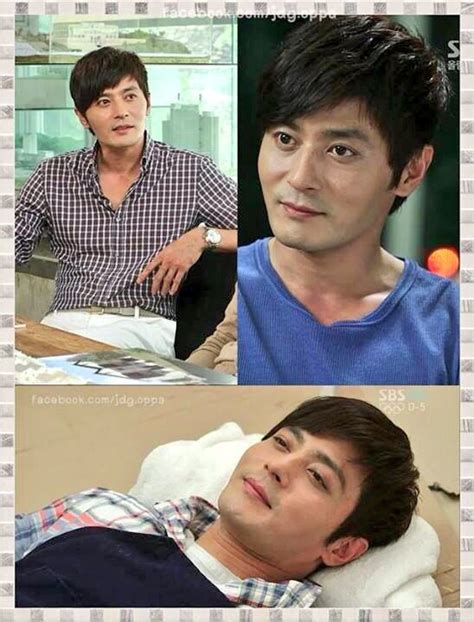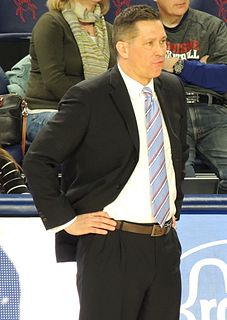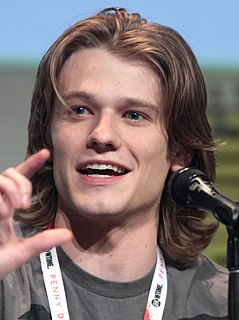A Quote by Alan Coren
Sadly, as with so much about history's heroes, it's the spotting of potential fame that's the difficulty, whether it's publishing their poems, hanging their paintings, or buying their old underwear. Think of the great men whose lives passed in penury and hacking coughs due to public unawareness that their littlest possession would end up at Sothebys or the basement at Fort Knox.
Related Quotes
On that day, we couldn't reach the conclusion whose hero is the strongest. And today when we are 41 years old, we can protect neither the Earth nor the women we love. We are now just the anti-heroic men, struggling with everyday life. Those boys wo wanted to become heroes... where did they all go? Whose heroes can we become at the end?
With the old economics destroyed, organizational forms perfected for industrial production have to be replaced with structures optimized for digital data. It makes increasingly less sense even to talk about a publishing industry, because the core problem publishing solves — the incredible difficulty, complexity, and expense of making something available to the public — has stopped being a problem.
What is the end of Fame? 'tis but to fill A certain portion of uncertain paper: Some liken it to climbing up a hill, Whose summit, like all hills, is lost in vapour: For this men write, speak, preach, and heroes kill, And bards burn what they call their "midnight taper," To have, when the original is dust, A name, a wretched picture, and worse bust.
Publishing is not evolving. Publishing is going away. Because the word "publishing" means a cadre of professionals who are taking on the incredible difficulty and complexity and expense of making something public. That's not a job anymore. That's a button. There's a button that says "publish," and when you press it, it's done.
The function of traditional history is to create a citizenry that looks to the top - the president, Congress, the Supreme Court - to make the important decisions. That's what traditional history is all about: the laws that were passed, the decisions made by the court. So much of history is built around "the great men." All of that is very anti-democratic.
My take is that there's two ways to approach history. You sit in your armchair and you watch it on the news and you return to your PlayStation. Or you get out in the streets and you make it. Like, when those Supreme Court justices, you know, legalize desegregation, it wasn't due to their infinite wisdom. It's because people whose names you do not read about in history books, people whose faces you will never see, were the ones who struggled and sacrificed, sometimes gave their lives, to make this country a more equal one. When, it's like those people don't make history, it's us.
I'm an old man, and I want to lay out what I think I understand. With poems like "Traitor," I'm examining my feelings, my convictions, my understanding of the world, and testing whether they're really true. So that when you hang your holster up, you can make a judgment on whether you have any integrity at all. That's what I care about. That's why I wrote it. If I can't write that poem, then I've got it wrong somehow.
On the first one, X-Men: First Class, it would be James McAvoy, Nicholas Hoult and I. I'd basically inhale, there would be a red flashing light, and then the stuff at the end of the hallway would just blow up. It really felt like I could do those things, but, sadly, I can't. It was a lot of fun; I got to play a superhero that I was familiar with since I was a kid. It doesn't really get much better than that.





































